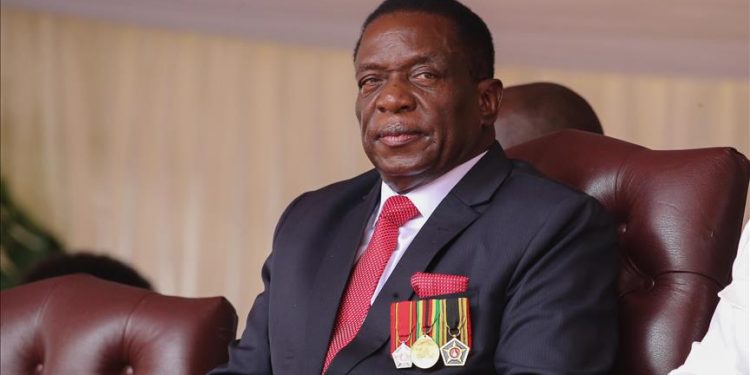Zimbabwe’s ruling Zanu-PF party is pushing to extend President Emmerson Mnangagwa’s term in office by two years, until 2030.
This move comes despite the country’s constitution limiting the presidential office to two five-year terms, with Mnangagwa’s second term set to expire in 2028.
The party’s director of information, Farai Marapira, confirmed that extending the president’s term is a “party position” that has been agreed upon.
However, he did not provide details on how this would be achieved or if constitutional changes would be sought.
This development has sparked concerns, given Zimbabwe’s history of authoritarian rule under former President Robert Mugabe.
Mugabe, who ruled from 1980 to 2017, believed in a one-party state and used violence and intimidation to maintain power.
Constitutional lawyers have weighed in on the matter, with Welshman Ncube stating that any constitutional change would require two referendums, one to scrap term limits and another to remove the provision preventing incumbents from benefiting from amendments.
Lovemore Madhuku, another constitutional lawyer, argued that it is not possible for Mnangagwa to stay in power legally beyond 2028, as no one has the power to extend the president’s term.
This move is not unprecedented in Africa, where 24 governments have sought to extend their president’s rule beyond constitutional limits since 1990.









